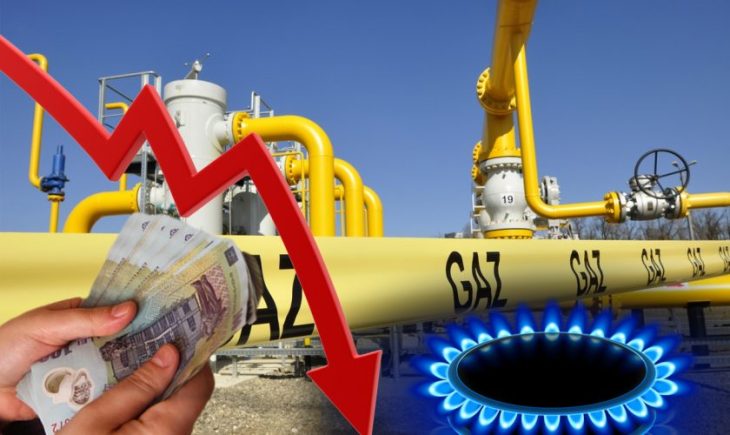The bill for Europe’s energy crisis is approaching 500 billion euro, as governments in the region scramble to cushion the impact of explosive price increases, Bruegel think tank announced on Wednesday, reported by Bloomberg.
According to Bruegel’s latest estimates, the 27 EU member states have so far allocated 314 billion euros to cushion the impact of the energy crisis on companies and firms, while Britain alone has allocated 178 billion euros.
This growing fiscal burden, given that EU states’ spending is equivalent to 1.7% of the bloc’s Gross Domestic Product, comes at a time when Europeans are struggling with accelerated inflation and gloomy economic prospects.
European energy ministers are negotiating an emergency plan that would transfer the extraordinary profits of energy companies to support vulnerable households and firms. The agreement, which is expected to be agreed at the September 30 meeting, also includes a price ceiling for electricity produced by companies that do not use natural gas and a mandatory target for reducing electricity consumption.
“Initially designed as a temporary response to what was supposed to be a temporary problem, these measures have bloated and become structural. This figure is set to rise as energy prices remain high. This is clearly unsustainable from the point of view of public finances,” said Simone Tagliapietra, researcher at the Bruegel think-tank in Brussels, according to Agerpres.
Even though Bruegel analysts’ estimates include measures such as reduced electricity VAT rates, heating subsidies and measures to keep some energy companies afloat, they do not include liquidity support across Europe. For example, in Germany, the government will nationalize the gas importer Uniper SE, according to a plan that provides for the injection of eight billion euros into the company and the takeover of the majority stake held by the Finnish company Fortum Oyj.
Simone Tagliapietra warned that the cost advance of the energy crisis risks deepening the economic divergences among the member states. “Such a level of intervention also entails the risk of fragmentation in Europe. Governments with a larger available fiscal space will inevitably manage the energy crisis better by outpacing their neighbors in the race for limited energy resources in the winter months. Therefore, it is important to devise policies that ensure fiscal sustainability and that these policies are coordinated, especially among EU states,” said Simone Tagliapietra.
The data provided by Bruegel show that Romania has so far allocated 6.9 billion euros to cushion the impact of the energy crisis on companies and firms, equivalent to 2.88% of GDP, which places it in seventh place in Europe, after Great Britain , Croatia, Greece, Italy, Latvia and Spain.
